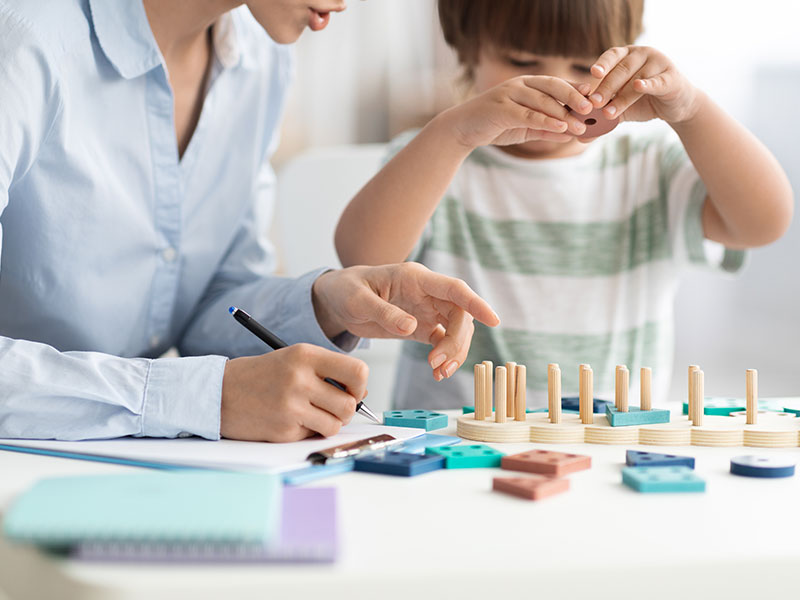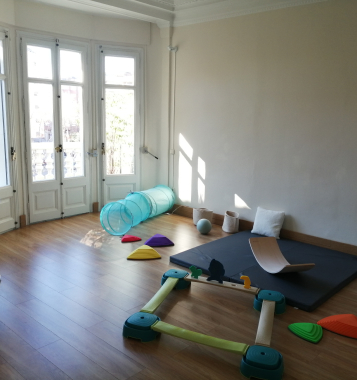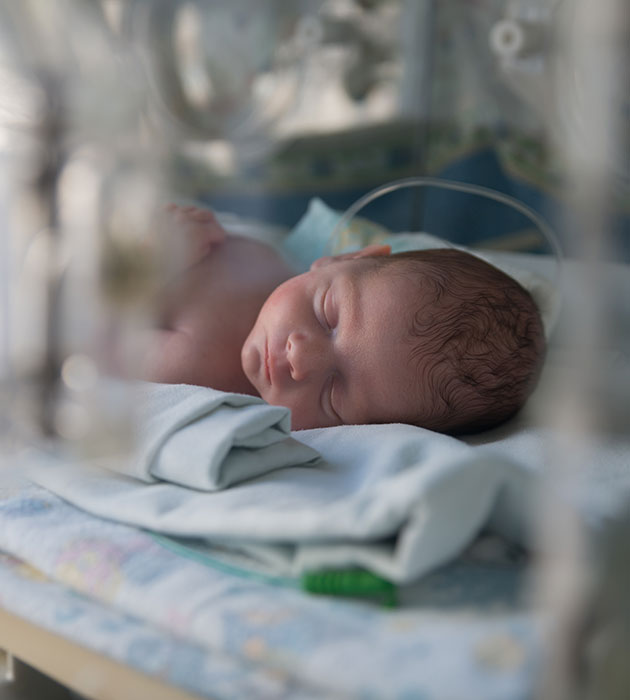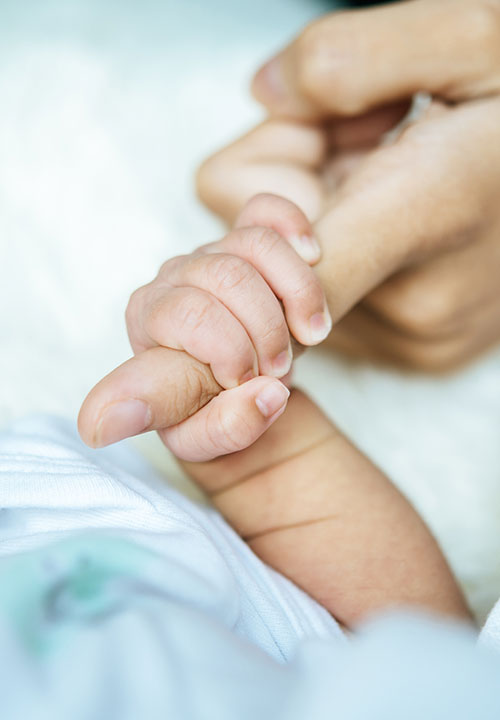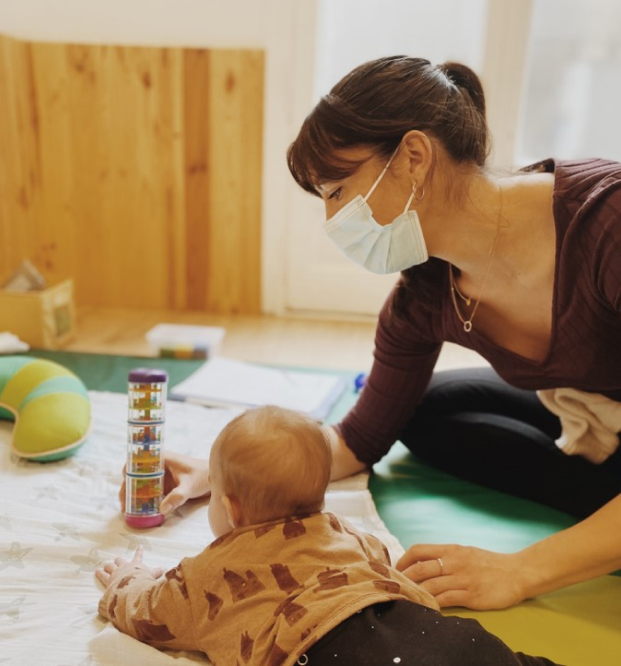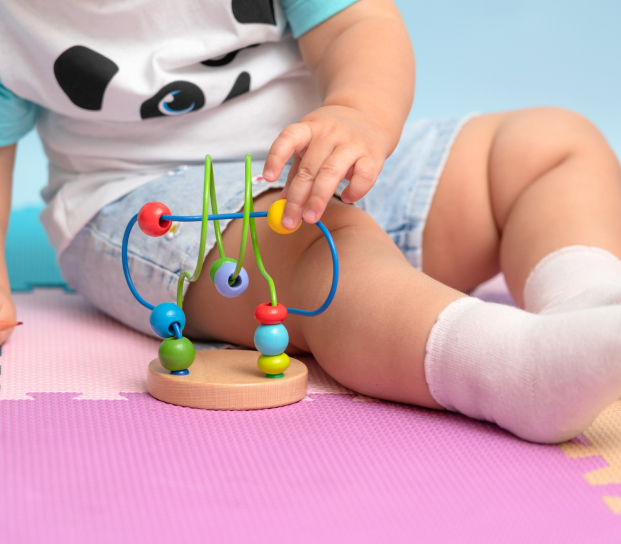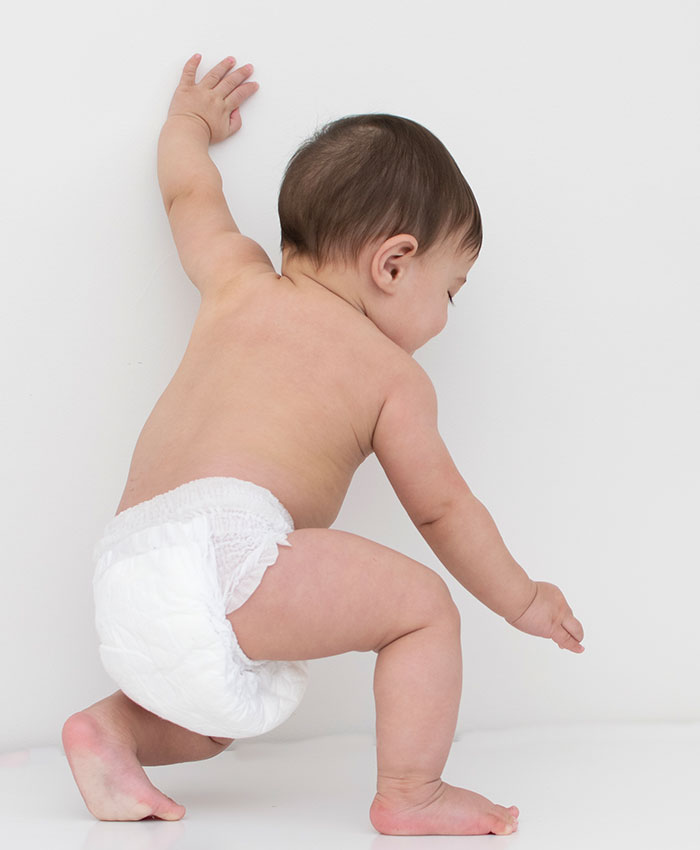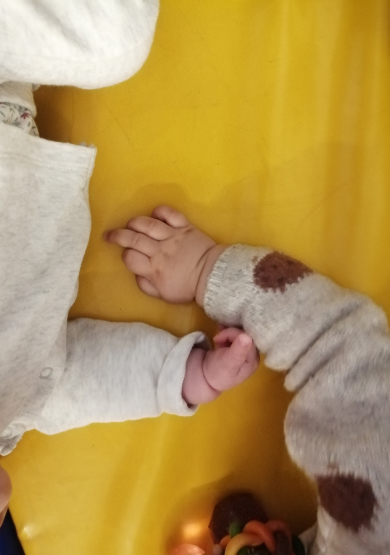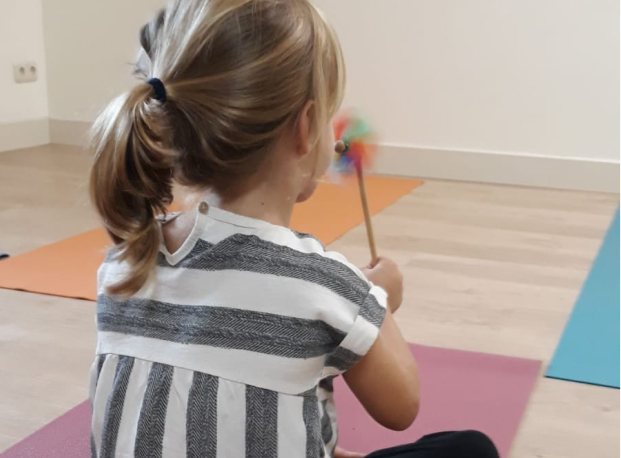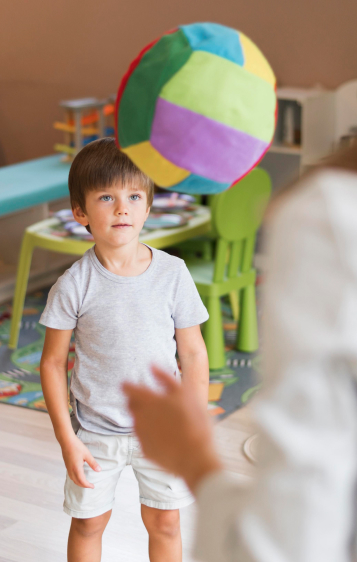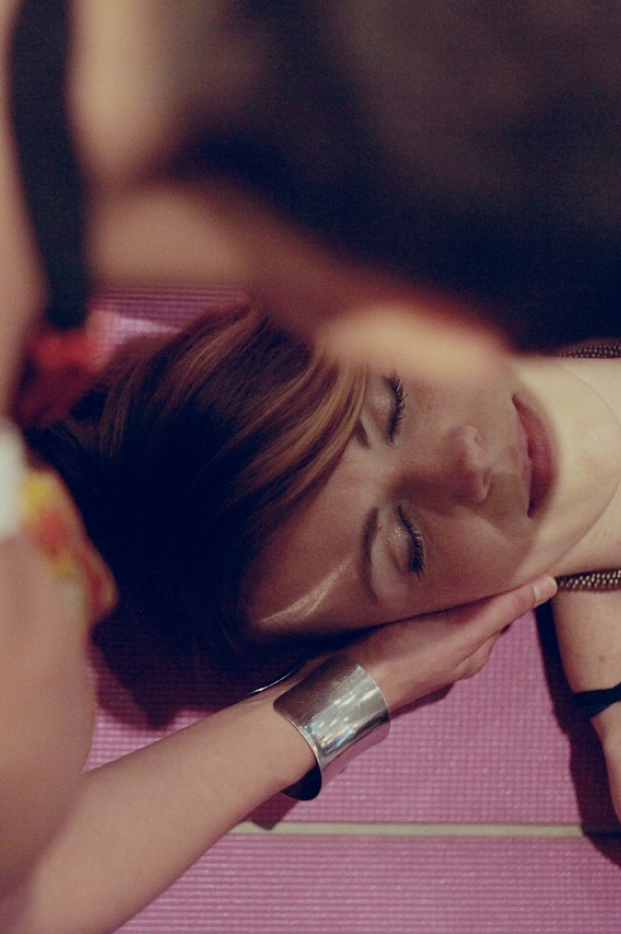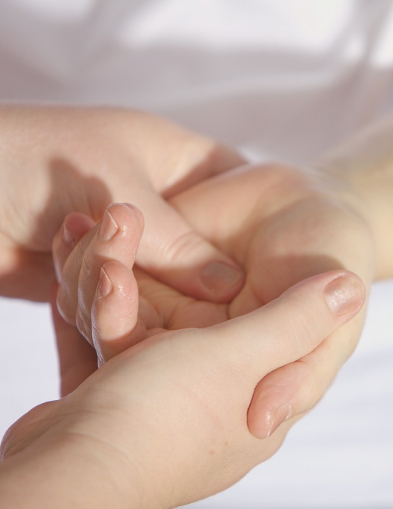Psychomotor assessment sessions: These involve scales, tests and psychomotor observations to measure the patient’s difficulties and competencies. (Generally, two sessions for babies under 2 years and two or three for children over 3 years.)
Results analysis: This establishes the patient’s psychomotor profile and the drafting of a detailed report
with treatment objectives.
Feedback of the report: A session with the family and the patient to explain conclusions and propose the psychomotor treatment plan and objectives.

